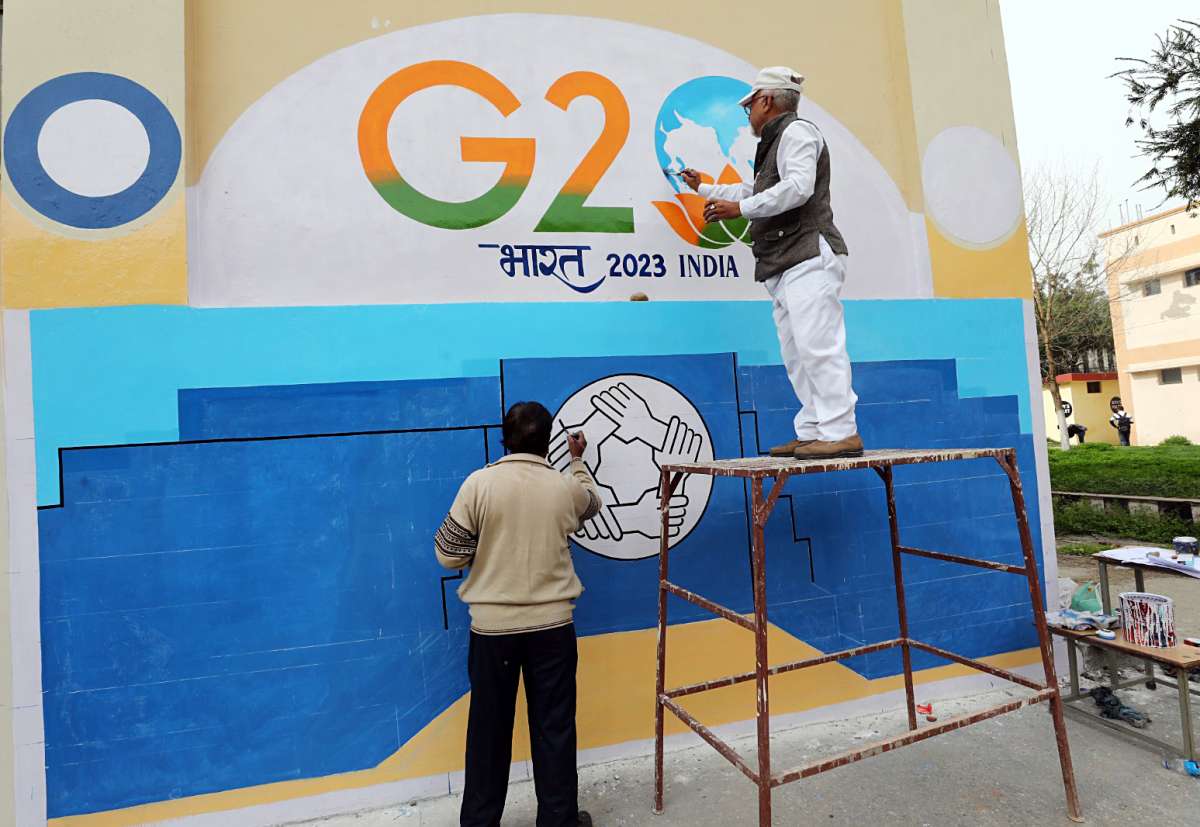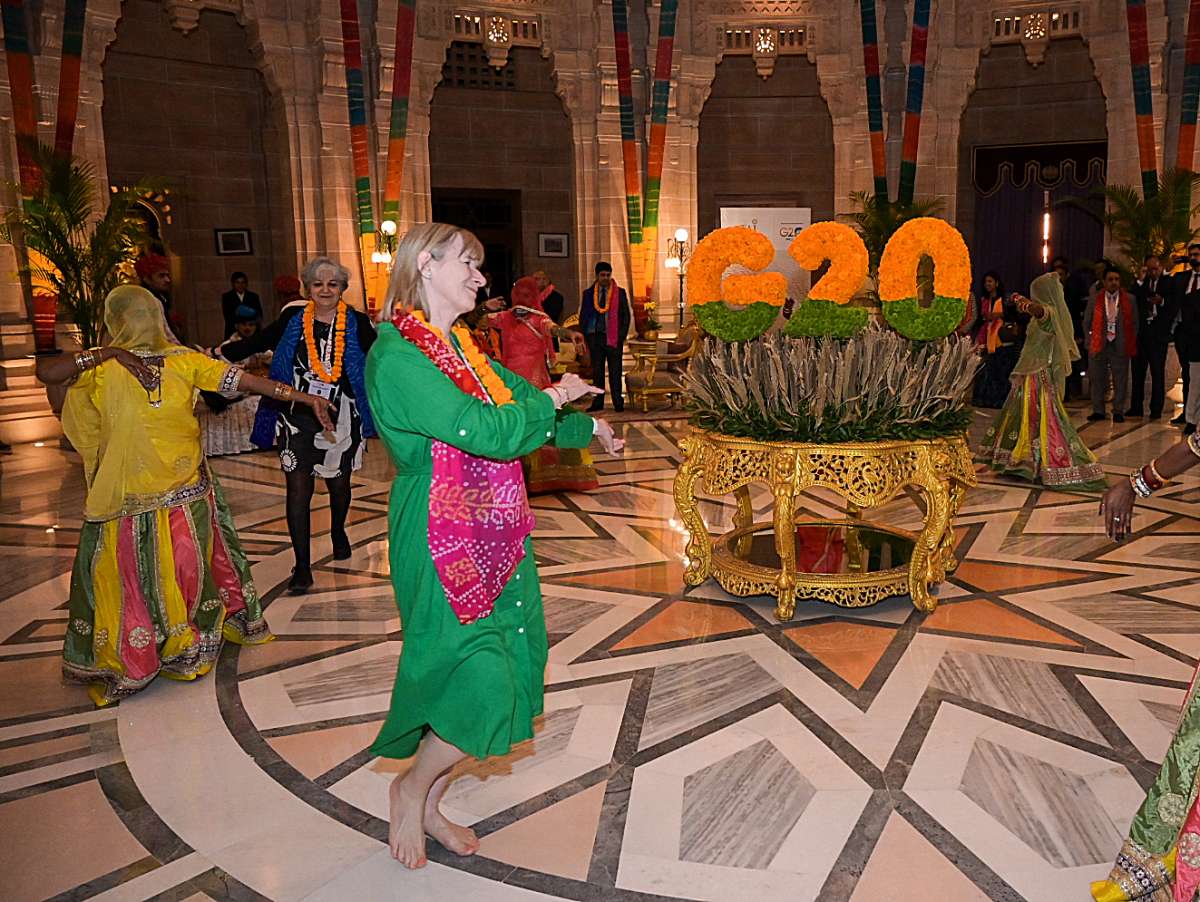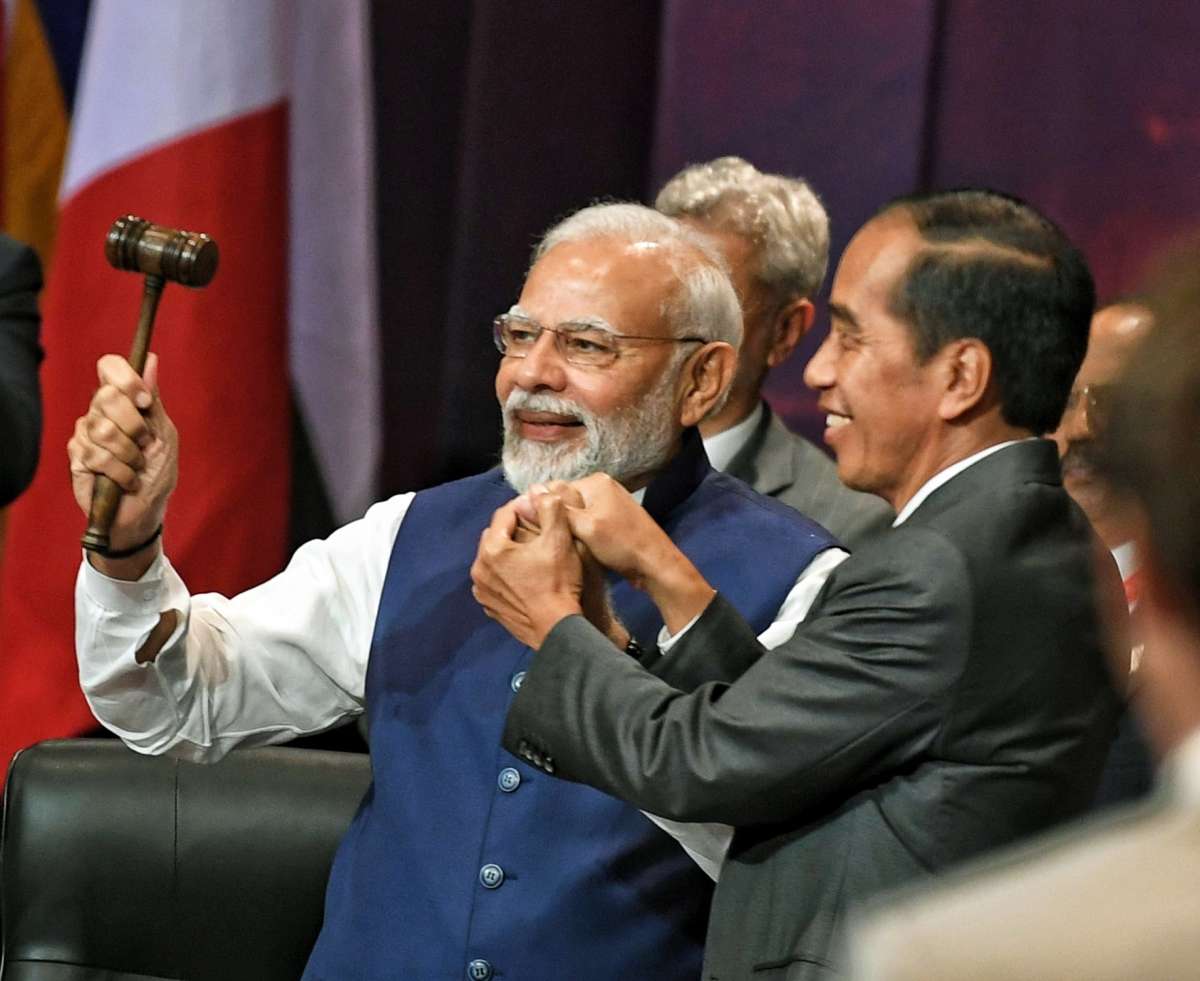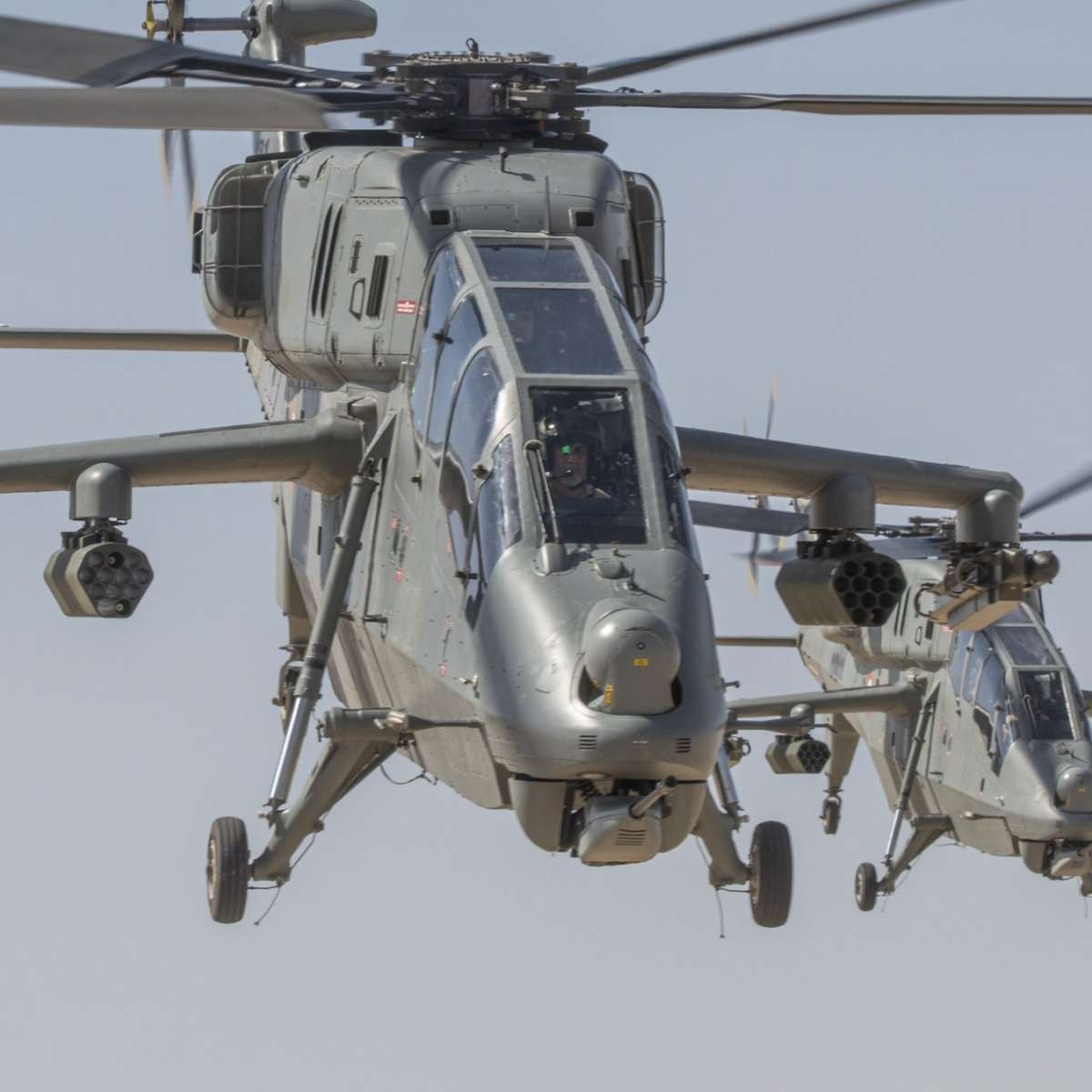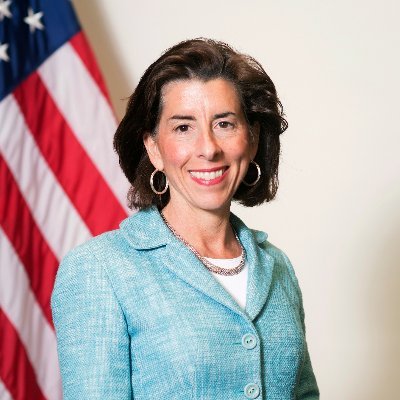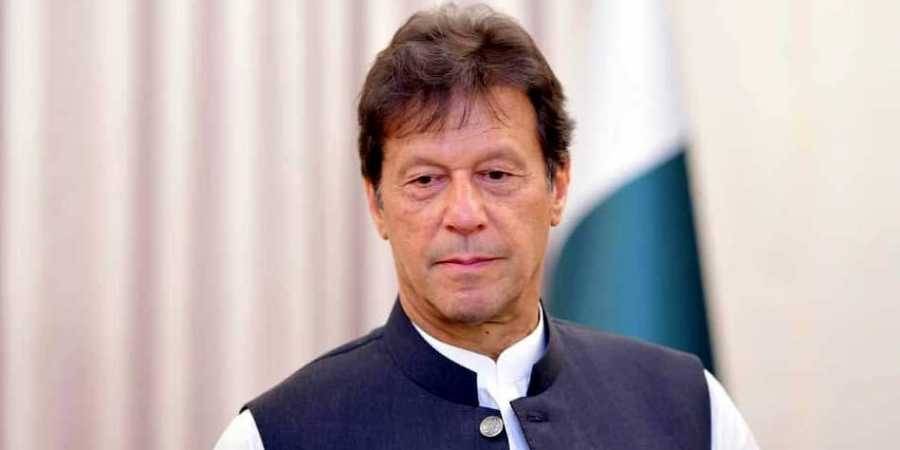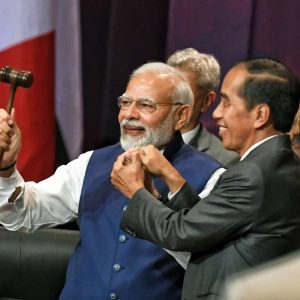India is the only developing country, apart from China, to have a permanent research station in the Arctic since 2008. India has undertaken 13 scientific expeditions to the Arctic since 2007, reported Bisen…reports Asian Lite News
India’s G20 Presidency is an opportunity to resume focus on the Arctic and its impact on the world as there is a complete lack of engagement between Russia and the West in the aftermath of the Moscow-Kyiv conflict, reported The Arctic Institute.
In protest against Russia’s actions, on 3 March 2022, seven (A7) of the eight members of the Arctic Council (AC), announced a historic suspension of participation in all activities of the council. This was followed on the same day by the Nordic Council of Ministers. Much of the research and data sharing between scientists has been put on hold due to restrictions imposed by funding agencies in Europe and the US. Several field experiments originally planned for the region have shifted to the North American or European Arctic.
The relevance of the Arctic for India can be broadly explained under three categories: Scientific Research, Climate Change and Environment; Economic and Human Resources; and Geopolitical and strategic reasons, said Anurag Bisen, a Research Fellow at the Manohar Parrikar Institute for Defence Studies and Analyses.
The Arctic and the Himalayas, though geographically distant, are interconnected and share similar concerns.
The Arctic meltdown is helping the Indian scientific community to better understand the glacial melt in the Himalayas, which has often been referred to as the ‘third pole’ and has the largest freshwater reserves after the North and South Poles.
The changes occurring in the Arctic are yet to be understood fully, but apart from affecting global weather, climate, and ecosystems, they also influence the monsoons in India and have a significant negative impact on India’s economy as well as other human and development indices, reported The Arctic Institute.
Moreover, India is the only developing country, apart from China, to have a permanent research station in the Arctic since 2008. India has undertaken 13 scientific expeditions to the Arctic since 2007, reported Bisen.
The rising sea levels can have a significant impact not only on India’s 1,300 island territories and maritime features and the welfare of 1.3 billion Indians but also on India’s immediate neighbourhood.
There are also some good consequences arising out of global warming-induced changes in the Arctic. The warming Arctic is leading to increased availability and accessibility of resources. The Arctic has the potential to secure India’s energy and rare earth mineral deficiencies.
For India, geopolitically, the Arctic is of special significance as its two most significant strategic partners, the United States and Russia, and its principal adversary, China, are locked in an ever-increasing direct strategic contestation.
While India has adroitly balanced the geo-political and geo-economic ramifications arising out of the Russia-Ukraine conflict, it needs to remain engaged in the Arctic region, to secure its increasing national interests, said Bisen.
The resumption of scientific exchange is an imperative that can be ignored only at the cost of collective detriment to the world. Since there is a deep trust deficit in the Arctic, the resumption of scientific exchanges will need a mediator with legitimacy, credibility, and acceptability of all member states.
No other country and organisation other than India and G20 fit the bill, reported The Arctic Institute, said Bisen.
Promotion of security and stability in the Arctic region and pursuit of international cooperation and partnerships with all stakeholders in the region, inter alia are listed as objectives in India’s Arctic policy.
Most importantly, in keeping with India’s civilizational ethos of Vasudhaiva Kutumbakam–The World Is But One Family, India offers its readiness to “play its part and contribute to the global good” in its engagement with the Arctic.
The resumption of scientific cooperation in the Arctic is one such global good that India could strive for, by bringing together the conflicting protagonists, said Bisen.
Eleven of the 19 G20 member countries, representing a majority 60 per cent of the forum, have an Arctic stake, with three of them–the United States, Russia and Canada, being permanent members of the Arctic Council.
Eight G20 countries–China, France, Germany, India, Italy, Japan, South Korea and the United Kingdom–are Observers at the Arctic Council. (ANI)
ALSO READ-‘India playing significant leadership role with G20 presidency’


